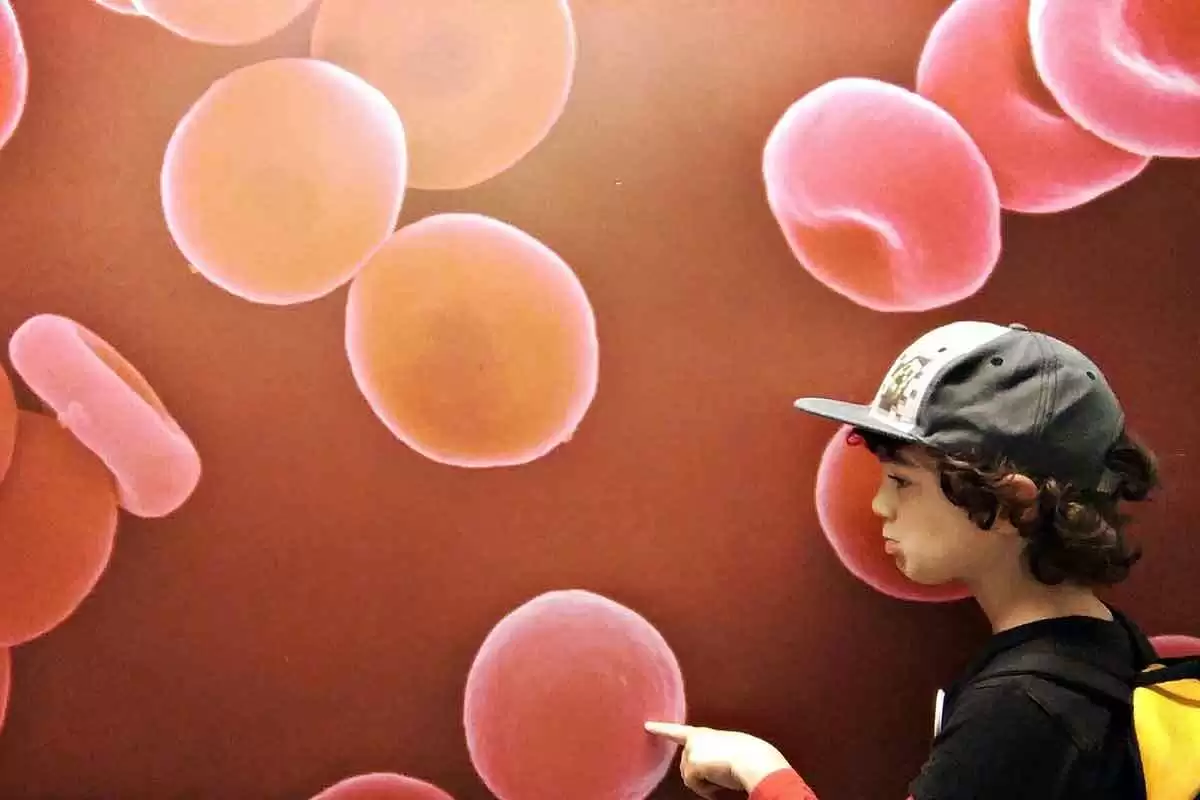
Celiac.com 10/22/2022 - Close to one quarter of the world’s population, in both industrialized and developing countries, suffer from iron deficiency and/or iron deficiency anemia. Although it is a widespread problem, those who are gluten sensitive should be particularly careful to monitor their iron status regularly. Iron deficiency is not only an important sign of undiagnosed celiac disease, it may also reflect some degree of intestinal damage—and most of our iron is absorbed in the same part of the intestine as calcium. The jejunum is the site of most of the damage caused by gluten, which may explain the significant overlap between gluten sensitivity and iron deficiency anemia.
The two primary causes of iron deficiency are either inadequate absorption of iron or excessive blood loss, and intestinal bleeding is common among the gluten sensitive. Iron deficiency can also result from vitamin A deficiency, which can also be a feature of celiac disease.
Celiac.com Sponsor (A12):
Several years after I began following a gluten-free diet, a blood test that was part of a regular physical exam revealed that I was mildly anemic. By now you may be wondering, just as I did, what the difference is between iron deficiency and iron deficiency anemia. Simply put, iron deficiency anemia is where the hemoglobin content of one’s blood is below normal. This means that there are fewer blood cells that carry oxygen to be distributed throughout the body.
My greatest concern with my own inclination to anemia, both before and after diagnosis, is that iron deficiency can impair memory and reduce learning acuity. Most of this impact occurs prior to the development of anemia. Iron deficiency first depletes iron stores in a wide range of tissues and organs before it causes significant losses to hemoglobin. Iron is needed to make several neurotransmitters including dopamine, serotonin, and norepinepherine. These neurotransmitters are involved in a wide range of brain activities related to alertness, attention, remembering, learning, and a variety of other brain functions. Some researchers at the University of Maryland have reported that iron deficient adolescent girls show a significant improvement in IQ test scores after only 8 weeks of taking iron supplements.
There are many other symptoms of iron deficiency, including shortness of breath, light-headedness, lethargy, and pale skin. However, it is important not to just rush out and start taking iron supplements. Iron overdose can cause damage to the liver, the heart, or the pancreas. The body must maintain an exquisitely careful balance for optimal health. Further, a significant number of celiacs also suffer from hereditary hemochromatosis which is a condition in which the body is overly thrifty, storing too much iron. Supplementing iron in such a case could have some very serious consequences. Regular testing is an important strategy.
Iron deficiency or anemia is more likely to be ignored or to be given less attention simply because of the frequency with which it occurs. However, it is a particularly important issue to those who are gluten sensitive, if only from a quality-of-life perspective. Even if peace of mind is the only result of getting regular check-ups that include a complete blood count, our reward is large.
Similarly, early detection and reversal of iron deficiency before it causes memory disturbances and other unwanted symptoms, or before it goes on to develop into anemia, could be a huge dividend to collect from paying careful attention to our iron levels.









Recommended Comments
Create an account or sign in to comment
You need to be a member in order to leave a comment
Create an account
Sign up for a new account in our community. It's easy!
Register a new accountSign in
Already have an account? Sign in here.
Sign In Now